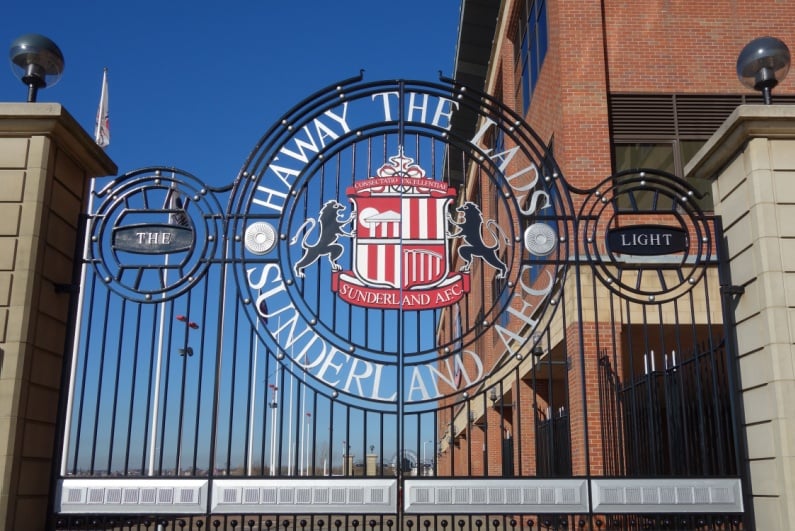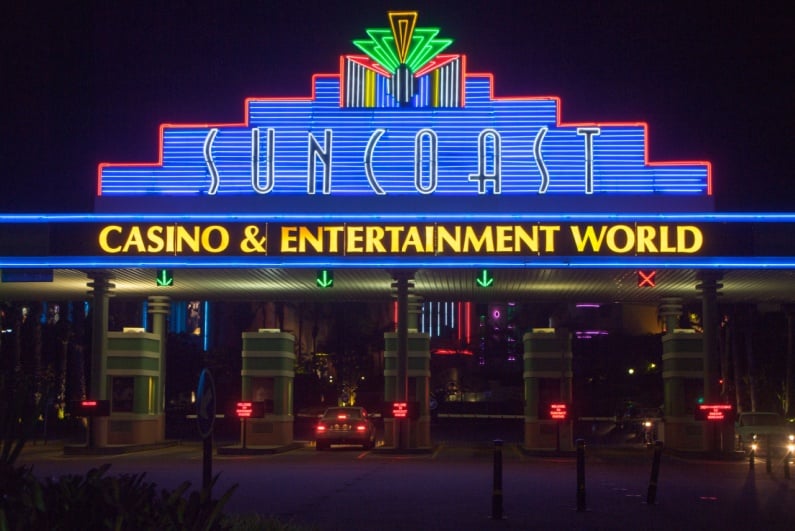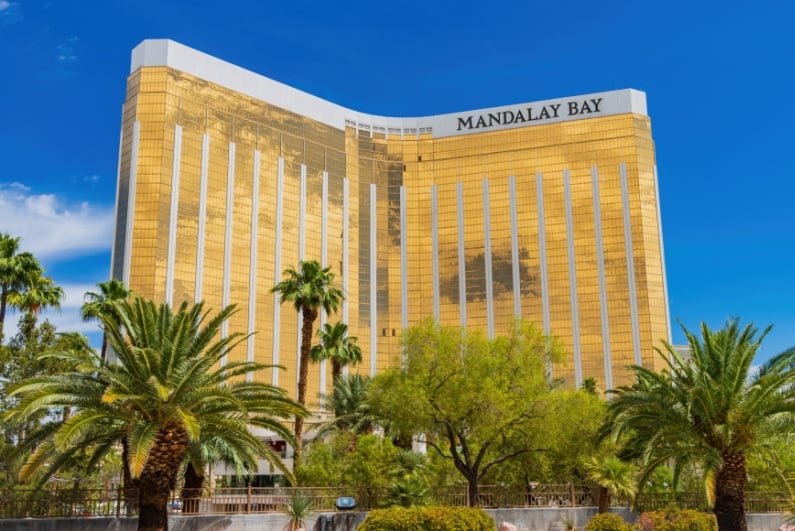
Top News Stories
Casino News
Crime
Most viewed articles
- FanDuel Changes T&Cs After Tipster’s $11 MLB Parlay Wins $2.2m for Subscribers
- The WSOP Is Still Able to Create Magic Moments
- Dara O’Kearney: Tales From the WSOP 2025 Part 3
- UK Man Wins £24k on £2 Bet Playing Online Slots in the Airport Before Going to Ibiza
- Canada Gambling Firm Hit by Lazarus Hackers via Zoom Call
- Social Media Users Outraged at $170 Pizza at the Sphere Las Vegas
- Tapas, Sangria, and Last Chances at the PokerStars Malaga Open
- Texas Poker Room Catches Trio Cheating in High-Stakes Game With Card Reader
- Poker Pros Concerned Over “Blatant Collusion” in $50,000 PLO at WSOP 2025
- Influencers Making Waves by Betting on Angel Reese to Miss Her First Shot in Every Game














